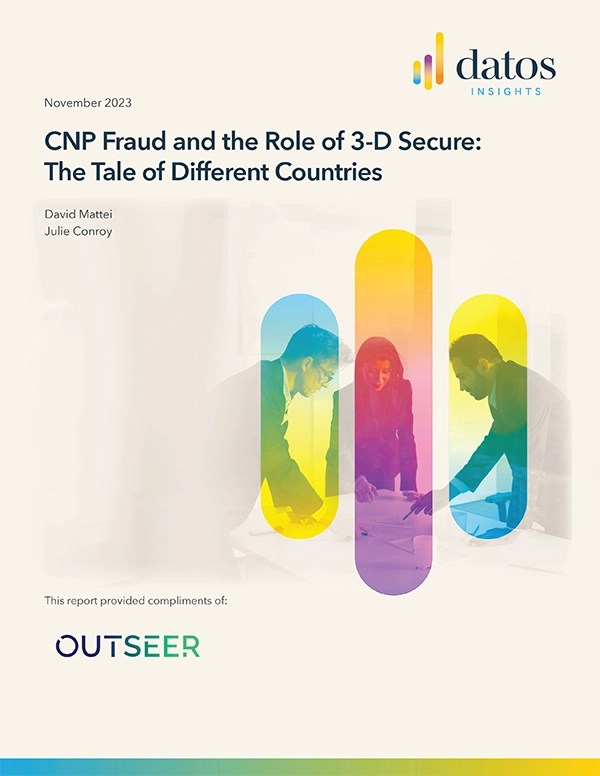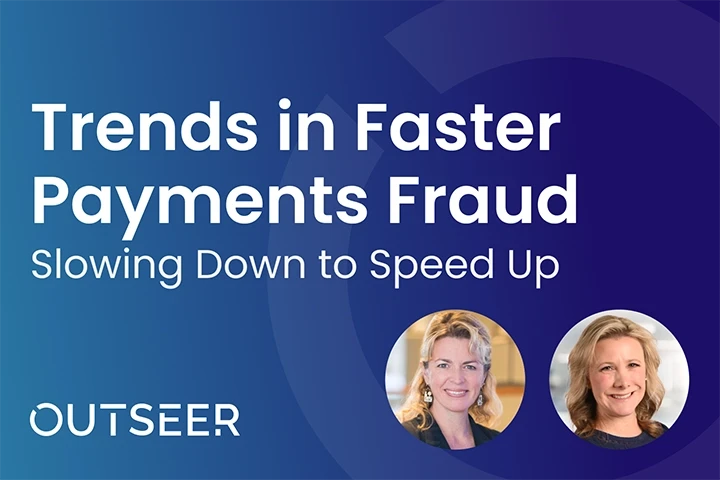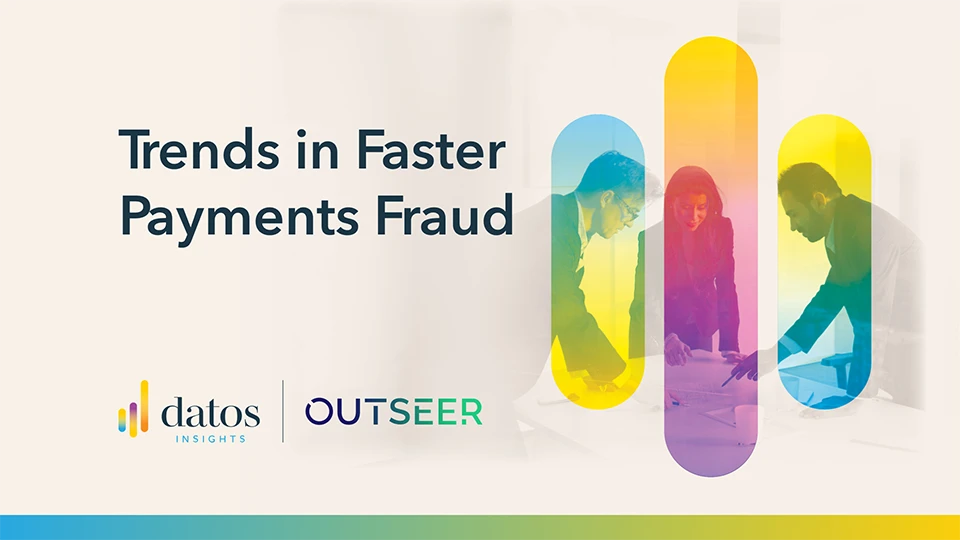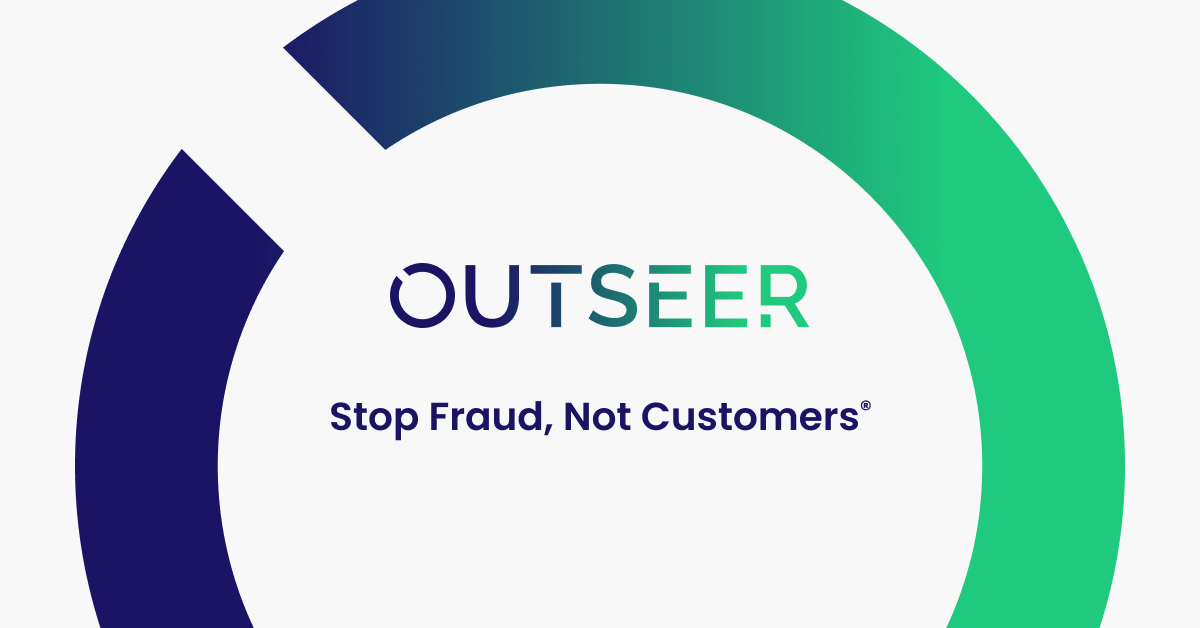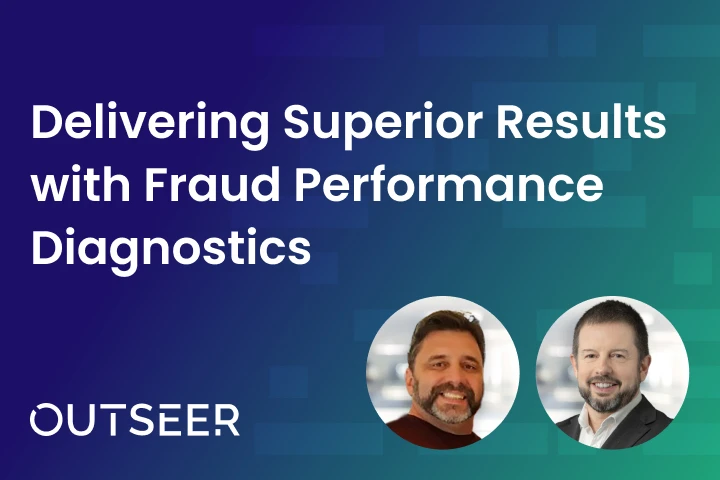In today’s increasingly digital world, businesses face a significant challenge in protecting themselves and their customers from fraudsters. Traditional fraud prevention solutions often fall short of keeping up with the ever-evolving tactics fraudsters use. However, Outseer’s Global Data Network presents a ground-breaking approach to fraud prevention by harnessing the power of a data consortium. This article will explore the advantages of using a data consortium in fraud prevention and highlight the uniqueness of Outseer’s offering in the market.
Understanding Data Consortium
A data consortium is a collaborative effort where multiple organizations come together and pool their data resources to create a comprehensive and powerful dataset. When combined with advanced analytics and machine learning capabilities, this aggregated data enables businesses to identify and prevent fraudulent activities more effectively.
Leveraging Data Consortium in Banking, Financial Services, and Insurance: Enhancing Fraud Prevention and Risk Management
- Financial Services Information Sharing and Analysis Center (FS-ISAC) – FS-ISAC is a global non-profit organization that facilitates the sharing of cybersecurity threat intelligence among financial institutions. It operates as a data consortium, where participating banks and financial institutions collaborate to exchange information about cyber threats, vulnerabilities, and best practices. By pooling their resources and knowledge, FS-ISAC members enhance their ability to detect and prevent cyber-attacks.
- The Global Coalition to Fight Financial Crime (GCFFC) – GCFFC is an initiative launched by the World Economic Forum in collaboration with major global banks and financial institutions, law enforcement agencies, and regulatory bodies. The coalition aims to create a data consortium that facilitates sharing of financial crime-related data. By combining resources and expertise, GCFFC seeks to enhance the effectiveness of anti-money laundering (AML) efforts, combat terrorist financing, and improve overall financial system integrity.
- Singapore’s National Digital Identity (NDI) Program – The Singaporean government is implementing the National Digital Identity program to establish a trusted and secure digital identity infrastructure for its citizens and businesses. As part of this initiative, various government agencies, financial institutions, and service providers are collaborating to build a data consortium. This consortium will securely share verified identity information, enabling smoother and more secure digital transactions while reducing the risk of identity theft and fraud.
- European DataWarehouse (EDW) – EDW is a data consortium established to support the securitization market in Europe. It serves as a central repository for asset-backed securities data, bringing together originators, investors, and regulators. The consortium allows participants to pool data related to securitized assets, enabling better risk assessment, transparency, and regulatory compliance. By aggregating and analyzing the data, EDW enhances market transparency and contributes to more effective risk management in the securitization sector.
- In countries where data consortiums are not utilized in fraud prevention or where local fraud prevention solutions lack a data consortium infrastructure, data sharing in the banking and financial services sector, as exemplified by India’s Account Aggregator framework, plays a crucial role in combating financial crimes such as anti-money laundering (AML) and the movement of funds by criminal organizations and terrorists. While the primary focus of data sharing is to combat financial crime and enhance services, it also holds untapped potential in addressing fraud. Collaborative data sharing among financial institutions enables early detection of fraudulent activities, reduces response times, and enhances overall security. By implementing data sharing to combat fraud, the industry can strengthen its security measures and ensure the integrity of the financial system
Advantages of Data Consortium in Fraud Prevention
- Enhanced Fraud Detection: By combining data from multiple sources, such as banks, e-commerce platforms, and payment processors, a data consortium significantly expands the fraud detection capabilities. The broader data set offers a more comprehensive view of fraud patterns, enabling quicker identification of suspicious activities and reducing false positives.
- Real-Time Insights: The collaborative nature of a data consortium allows for the near real-time sharing of fraud-related data. This real-time information exchange ensures that participating organisations stay updated on emerging fraud trends, tactics, and techniques. It empowers businesses to proactively adapt their fraud prevention strategies and stay one step ahead of fraudsters.
- Comprehensive Risk Assessment: The data consortium approach enables a more holistic assessment of risk by analysing a vast array of data points. This includes transactional data, device information, geolocation, historical behavioural patterns, and more. The diverse data sets provide a more accurate risk assessment, resulting in better decision-making and reduced false positives.
- Scalability and Cost-efficiency: Collaborative fraud prevention through a data consortium allows businesses of all sizes to access a vast pool of data without individually investing in extensive data collection and analysis infrastructure. This scalable and cost-effective model democratises fraud prevention, making it accessible to organisations that may not have the resources to build comprehensive fraud prevention systems independently.
Outseer’s Global Data Network: Uniqueness in the Market
Outseer’s Global Data Network stands out among other data consortium-based fraud prevention solutions due to several unique features:
- Unparalleled Data Volume: With a vast network of global partners and customers, Outseer’s Global Data Network aggregates an immense volume of data from various industries and geographies. This comprehensive dataset encompasses billions of transactions and provides a robust foundation for accurate fraud detection and prevention.
- Proven Machine Learning: Outseer leverages proven machine learning algorithms and artificial intelligence to analyse vast data within its Global Data Network. This enables the detection of complex fraud patterns and the generation of highly accurate risk scores in real-time.
- Privacy and Security: Outseer prioritises privacy and security by ensuring data anonymisation and compliance with data protection regulations. Participating organisations can share data without compromising sensitive customer information, maintaining trust and confidentiality throughout the network.
- Collaboration and Network Effects: Outseer’s data consortium fosters collaboration among its participants in the network, encouraging the exchange of best practices and collective knowledge-sharing. This collaboration enhances the overall effectiveness of fraud prevention efforts and strengthens the network’s capabilities over time.
Revolutionizing Fraud Prevention for a Secure Future
Outseer’s Global Data Network, powered by a data consortium, represents a significant advancement in fraud prevention. By combining the strengths of multiple organisations and leveraging advanced analytics, this innovative approach enables businesses to detect and prevent fraud more effectively than ever before. With its vast data volume, advanced machine learning capabilities, and commitment to privacy and security, Outseer’s unique offering stands out in the market, empowering businesses to stay ahead in the ongoing battle against fraudsters.
If you require further assistance or want to learn more about fraud prevention strategies, feel free to contact our team at Outseer. Together, we can protect your organization from the ever-evolving world of fraud.
